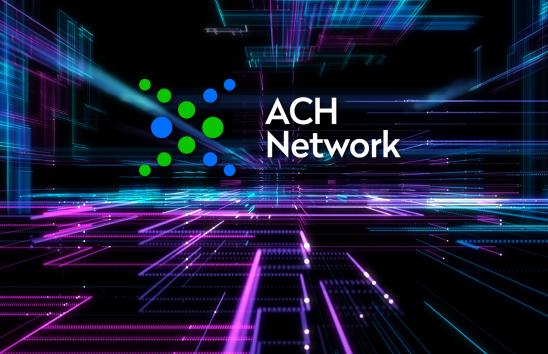Did You Know Nacha Offers Arbitration for Alleged Rules Violations?
Most financial institutions are likely familiar with Nacha’s Rules compliance and enforcement mechanisms, which helps keep the ACH Network safe and secure for all parties. But if a bank or credit union believes it suffered financial harm because of a counterpart’s alleged Rule violation, the traditional enforcement process doesn’t address that.
That’s where arbitration comes in.
Nacha’s Arbitration Board is comprised of volunteers including bankers, lawyers and Payments Association members. All are industry veterans who “know the Rules and know what should be taking place on the ACH Network,” said Lorie Nash, Nacha Senior Director of Compliance.
There are three levels of arbitration. For the two most common—cases involving less than $10,000, and cases involving $10,000 to $50,000—the party alleged to have violated a Rule is required to participate. For cases over $50,000, that party has the right to decline participation, though Nash said that in the event that arbitration is declined at higher dollar amounts it’s more feasible to go to court.
Arbitration can be filed up to two years following an alleged violation, compared to the 90-day window for traditional enforcement procedures. Getting started with arbitration requires filing a complaint, which Nash said includes a summary of facts, the sequence of events, the parties involved and any correspondence. Nacha’s Compliance team then sends the parties a list of potential arbitrators, giving each financial institution the right to decline a certain number of names. The number of candidates and allowed exclusions depends on the level of arbitration. Nacha makes the final pick from those remaining on the list.
There’s a $250 filing fee, which Nash said makes arbitration “a very cost-effective way of resolving these issues.”
It also can be a lot quicker. For example, while a court case could take years to resolve, arbitration “takes about three months from start to finish,” said Nash, noting that much of the time is allotted for the parties to respond at each step. Nacha acts as the liaison and is the only one dealing directly with the arbitrator(s).
“Once the arbitrator has documentation from both sides and has a full case to review, he or she gets a full month to render a decision,” said Nash. If the arbitrator decides on a monetary award, the responsible party has 14 days to pay. The arbitrator can also find the complainant partially responsible and reduce damages accordingly.
And this is binding arbitration, meaning all decisions are final, no appeals.
While it’s likely quicker and less expensive than litigation, and it’s the only way to recoup money involved in an alleged Rules violation through a Nacha-provided service, Nash called arbitration “an underutilized process,” with just one case in 2020. In many instances, she said people don’t even know it’s an option. But Nash stressed that Nacha is there to help banks and credit unions of all sizes participate in the process.



